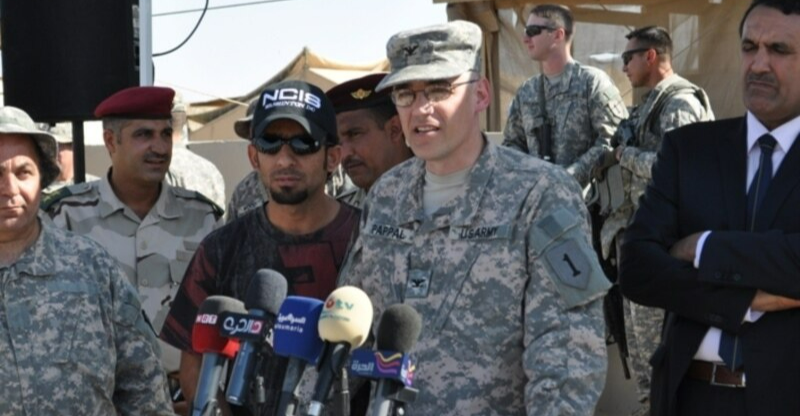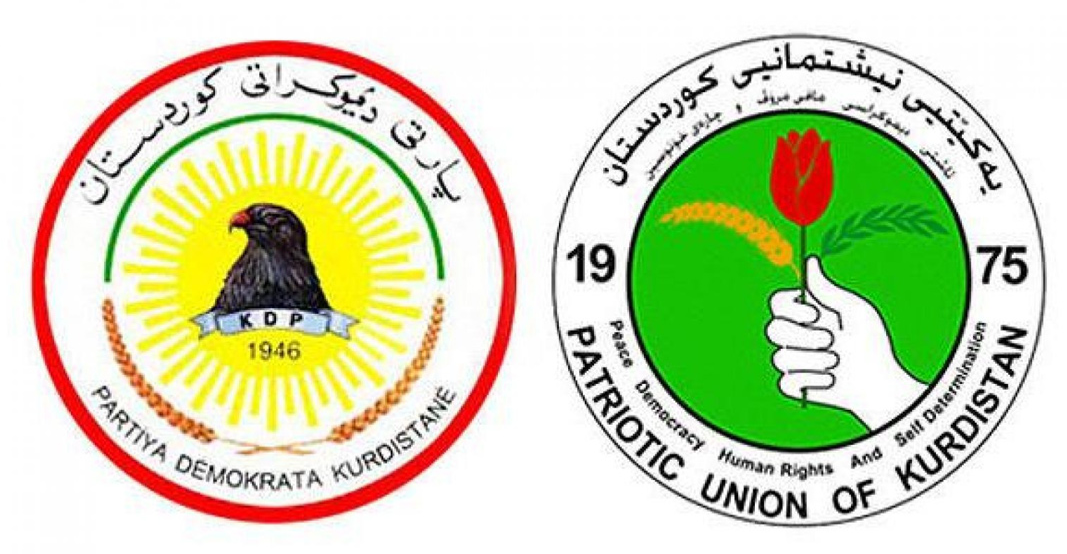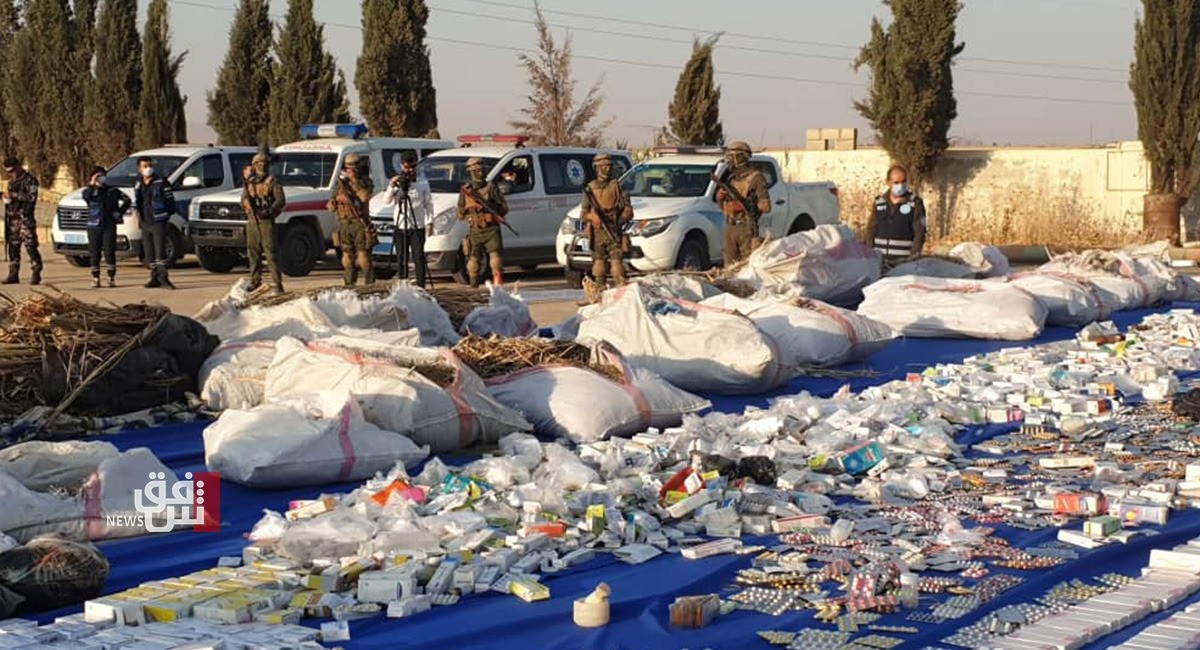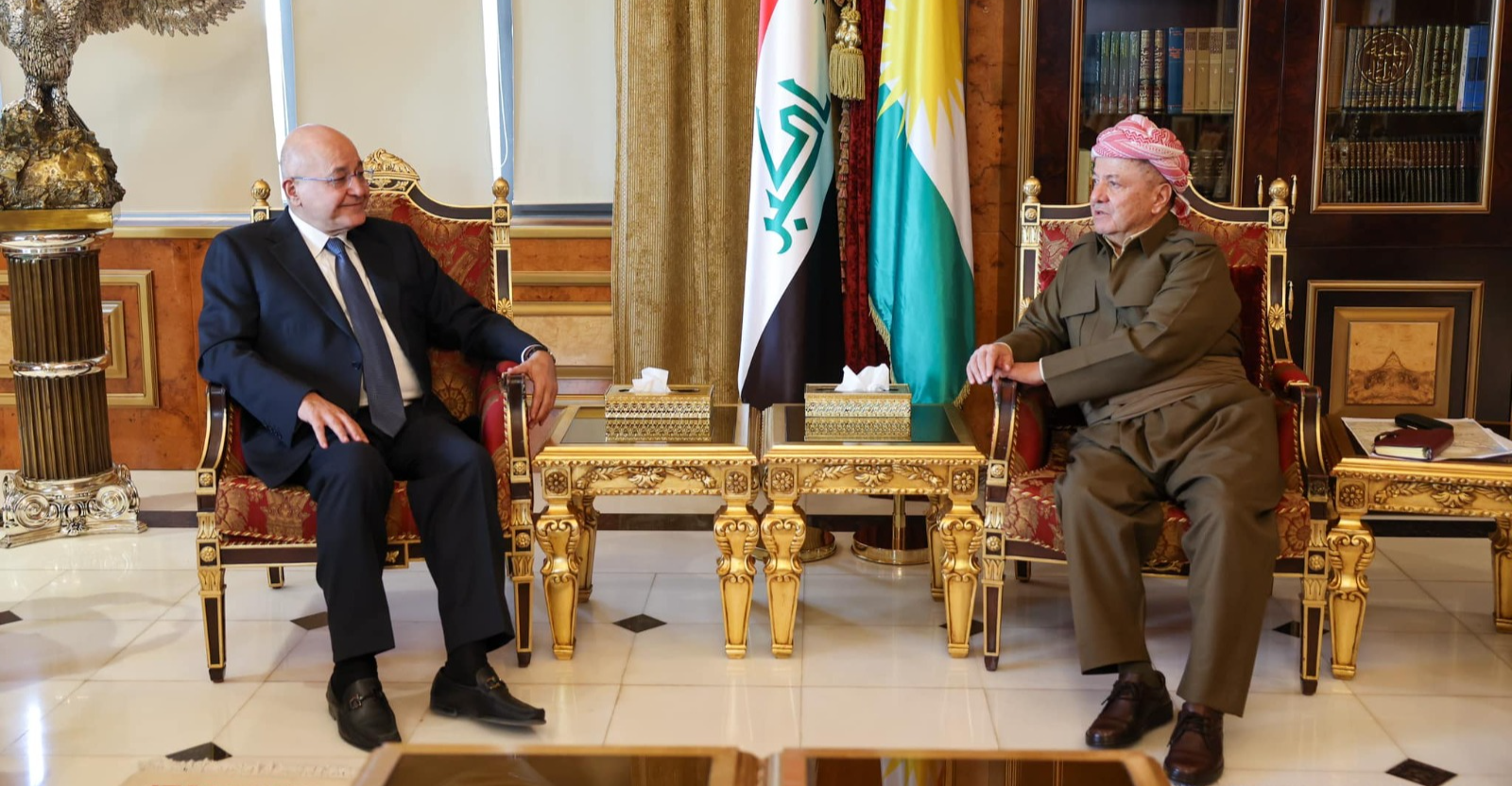ISIS horror at Al-Bakara Base: Seeking answers amid shadows of Syria

Shafaq News/ Iraq continues tograpple with the devastating aftermath of mass graves scattered across thecountry. The recent discovery of mass graves near Al-Bakara Base, containingthe remains of hundreds of victims, revives traumatic memories of executionscarried out by ISIS and the Baathist regime.
Handover of Al-Bakara Base
On May 16, 2011, the Iraqi forcestook control of the Al-Bakara Base, the largest US military camp near theHawija district southwest of Kirkuk. This handover was in line with thestrategic agreement between Iraq and the United States.
The representative of the US forcescommander in Iraq, Lieutenant Colonel Andrew Ulrich, expressed high confidencein the Iraqi army and its security partners, noting that they are ready forthis transition, which took eight years to complete.
Meanwhile, the US forces commanderin Kirkuk, stated that the situation in Kirkuk is complex and requires thesupport and cooperation of citizens with security forces.
For his part, Deputy Governor ofKirkuk, Rakan al-Jubouri, pointed out that “handing over the Al-Bakara Baseeliminates the pretexts and excuses used by terrorists to carry out armedoperations.”
Despite the announcement of thereadiness of Iraqi forces to assume security responsibilities in Kirkukprovince, statements from some officials indicate the need for US forces toremain until unresolved political issues in the province are addressed.
Years after its strategicsignificance waned, Al-Bakara Base has become a somber reminder of Iraq'stumultuous history, with the recent discovery of mass graves near the sitereigniting painful memories.
ISIS’s Atrocities at Al-Bakara
The Al-Bakara Base became a grimsymbol of ISIS's brutal reign. Once a major detention center during theextremist group's occupation, the site witnessed mass executions, as confirmedby survivors and local authorities. Iraqi federal forces reclaimed the base,but the horrors it concealed have only recently come to light.
Khalaf al-Jubouri, a resident,explained that the base served as a key location where ISIS detained andexecuted civilians en masse before transferring some prisoners to otherfacilities, including Mosul and later Syria. “The ongoing discovery of mass gravesat Al-Bakara highlights the systemic violence and disregard for human lifeperpetrated by ISIS in the areas it controlled.”
Earlier, Raafat Ali, a member of theHuman Rights Association, announced that approximately 100 bodies have beenexhumed from the Al-Bakara mass graves in Kirkuk Province. “Excavation andrecovery operations have begun at eight mass grave sites in the Hawija districtof Kirkuk.”
“Forensic efforts are underway toidentify the victims through DNA testing.”
According to the Strategic Centerfor Human Rights in Iraq, approximately 400,000 people are buried in massgraves across Iraq. The country also has one of the world's highest numbers ofmissing persons, ranging from 250,000 to one million.
Since 2003, Iraqi authorities haveopened 288 mass graves, according to Human Rights Watch. However, the countryfaces challenges in identifying remains, relying on a single DNA laboratory atthe Medico-Legal Directorate in Baghdad.
Syria’s Connection and Implications
The collapse of the Syrian regimehas renewed focus on the fate of detainees transferred from Iraq to Syrianprisons during ISIS's rule. With the opening of former detention facilities inSyria, the families of missing Iraqis are grappling with uncertainty about thefate of their loved ones.
The mother of one of ISIS's victimsat Al-Bakara, Umm Mohammed al-Obeidi, told Shafaq News that recent events inSyria and the discovery of the Al-Bakara mass grave have reopened her anguishover her missing son. "I don’t know his fate, whether he is among thebodies in the Al-Bakara grave or was forcibly disappeared by ISIS andtransferred to prisons in Syria," she revealed.
Ahmed al-Ali, a human rights expert,noted that “the discoveries in Syria could shed light on the broader network ofISIS detention centers and their victims,” calling for urgent investigations touncover the truth about prisoners moved between Iraq and Syria and to ensureaccountability for the group’s atrocities.




